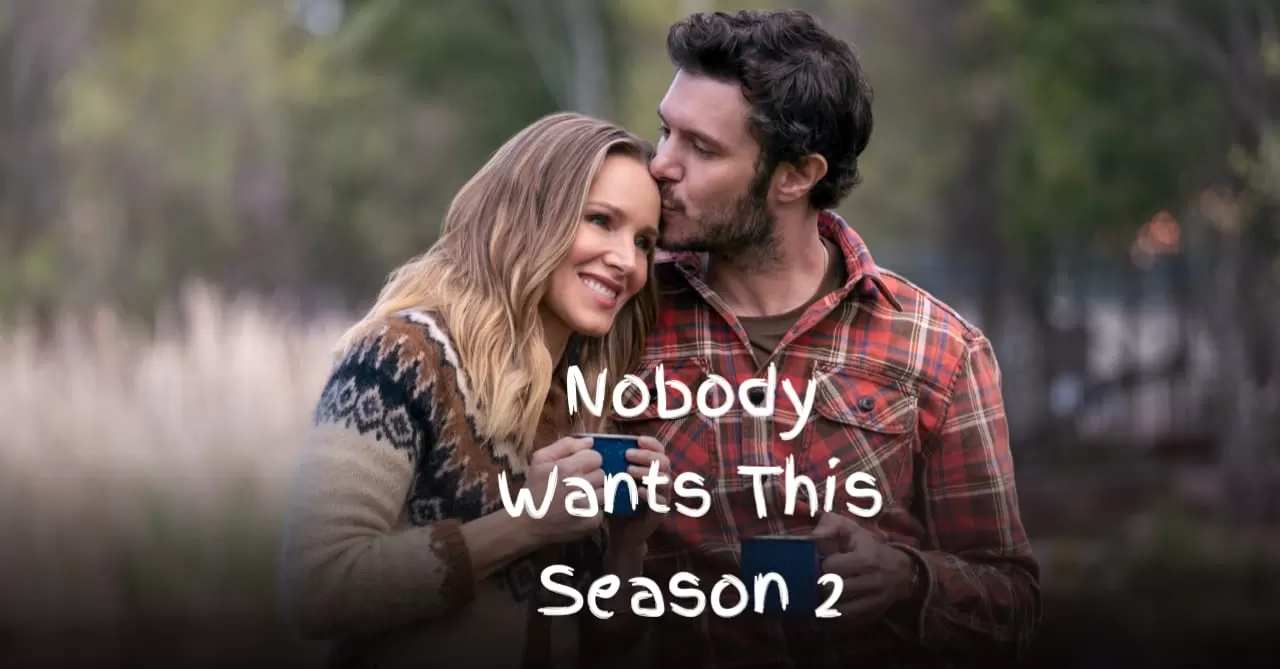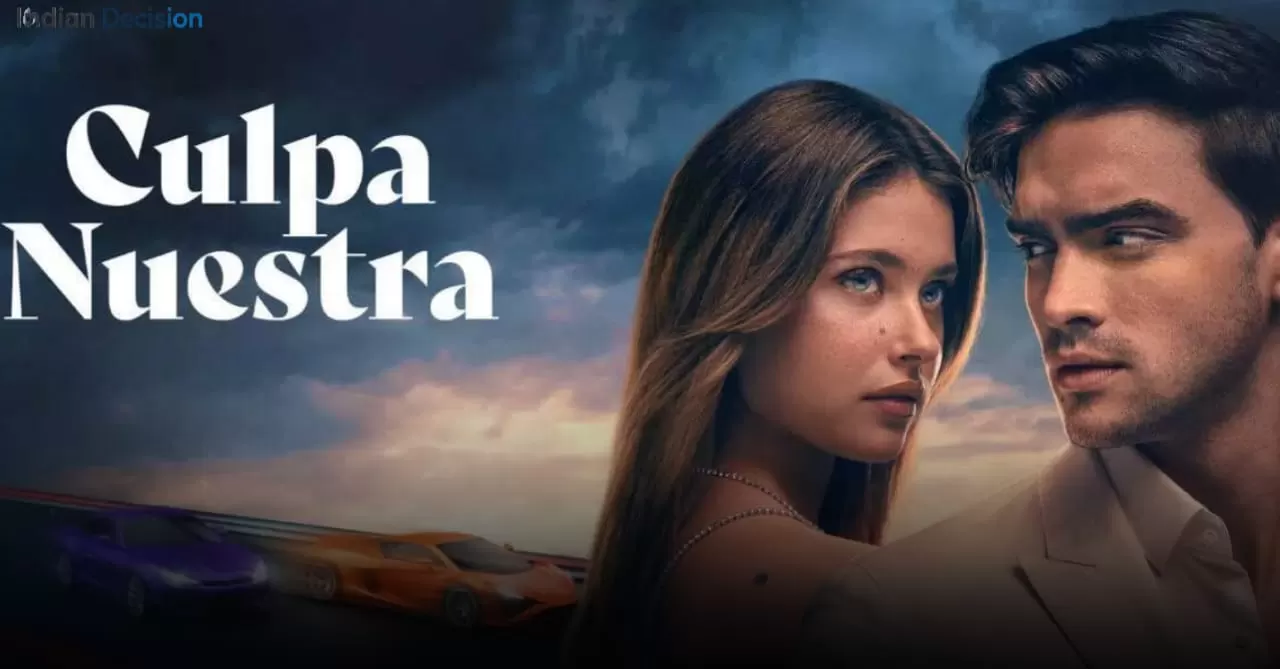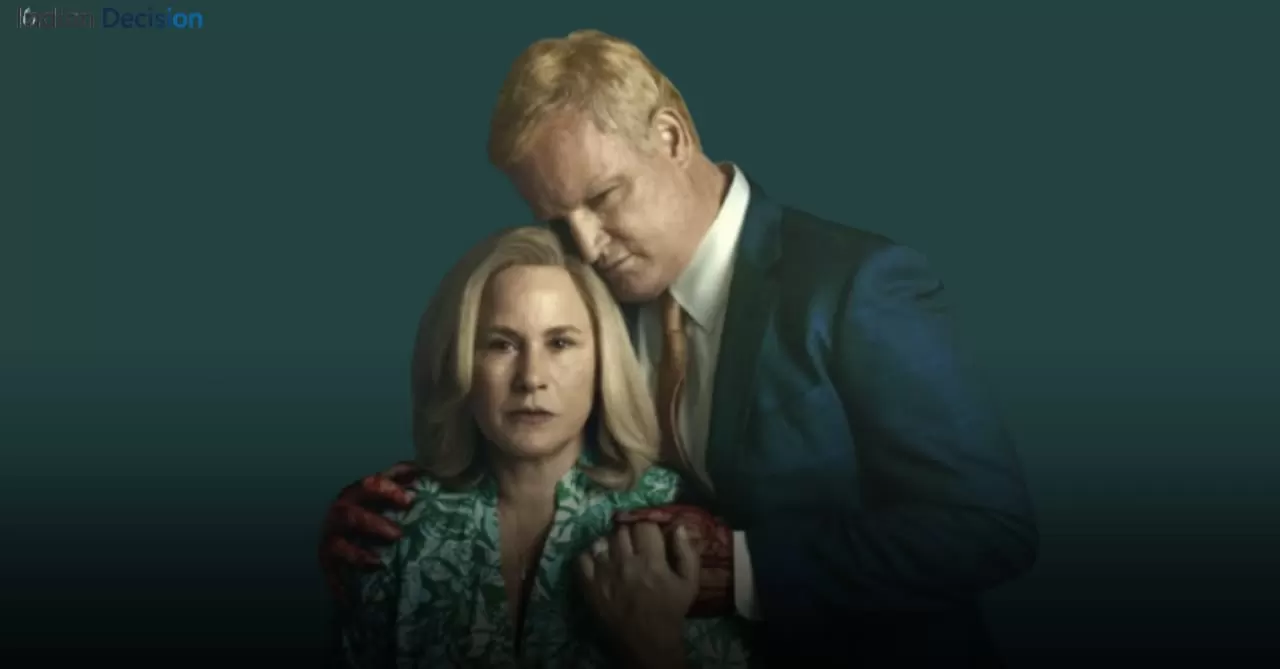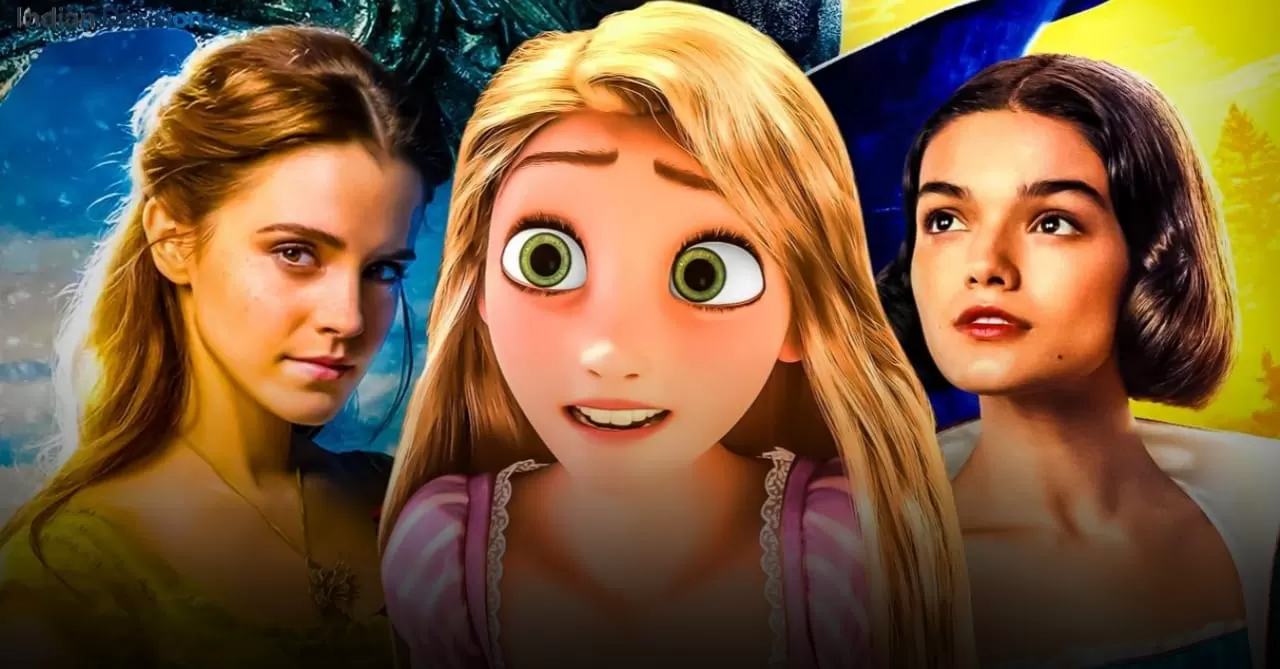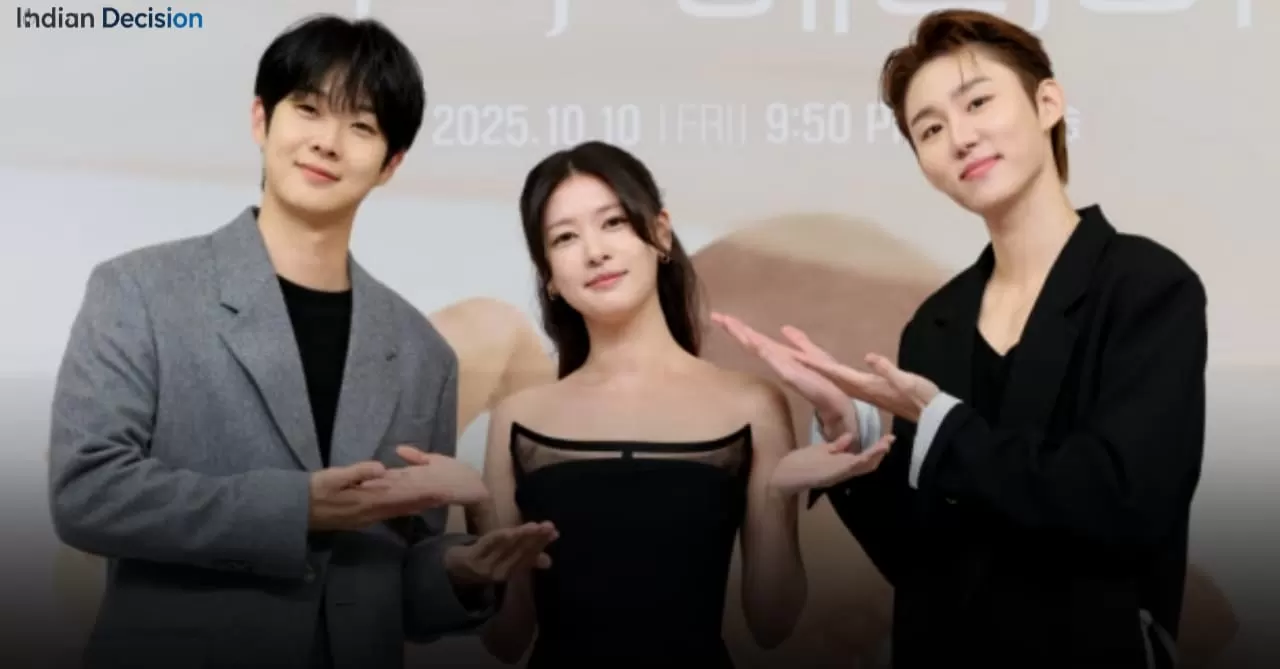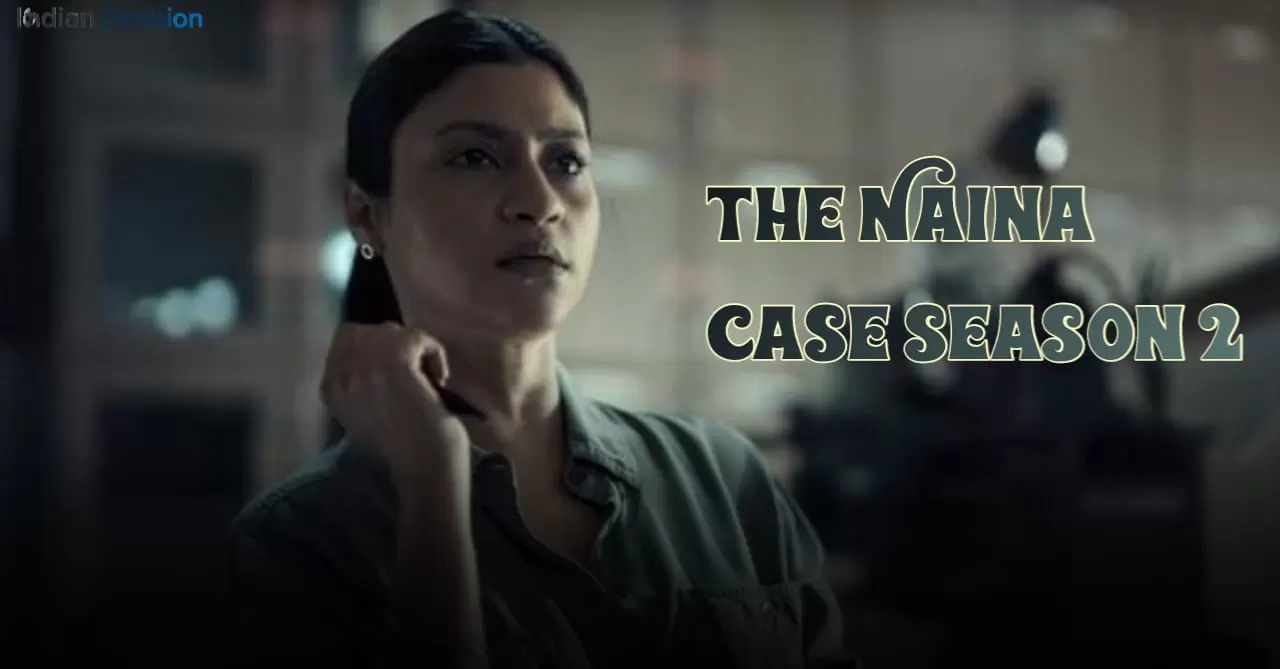The internet is a powerful barometer of public opinion, and a curious trend has been bubbling up in 2024: the search query "nobody wants this season 2." It's a sentiment that defies traditional TV logic. In an era where studios chase franchises and endless content, why are audiences actively campaigning against continuations of shows they once loved? This isn't just about canceled cult classics; it's a growing pushback against the dilution of perfect stories. We're diving deep into this phenomenon, exploring the shows at the center of the debate and uncovering the artistic and commercial reasons why sometimes, less truly is more.
The Heart of the Matter: When a Perfect Story is Complete
The core of the "nobody wants this season 2" movement isn't about a show's quality, but its narrative integrity. A limited series is designed with a clear beginning, middle, and end. Its arc is a self-contained novel. Forcing a second season often means stretching a resolved plot into something convoluted or, worse, undoing a powerful, definitive ending to make room for more episodes.
Imagine a show that ends with the villain defeated, the mystery solved, or the character's journey conclusively resolved. A second season inherently asks: "What now?" The answer is often a contrived new threat, a resurfacing of a dead enemy, or a regression of character development all of which can cheapen the impact of the original masterpiece. Audiences are increasingly savvy to this and would rather preserve the memory of a perfect single season than risk a disappointing sequel.
The "1899" Effect: A Cautionary Tale
No discussion of this topic is complete without mentioning the sci-fi mystery 1899. Created by Baran bo Odar and Jantje Friese, the minds behind the critically acclaimed Dark, the show was a visual and narrative puzzle box. It ended on a massive cliffhanger, explicitly designed as the first chapter of a three-season plan. Yet, when Netflix abruptly canceled it after one season, the fan reaction was complex. While there was outrage at being left on a cliffhanger, a significant portion of the audience sighed in relief. Why?
Many viewers felt the first season's mystery was compelling enough on its own, and the final-minute twist, which radically shifted the entire premise, felt like a bridge too far. The cancellation, while frustrating, spared them from a potentially convoluted and unsatisfying multi-season journey. The "1899" situation highlights a key point: even a show designed for more can fall victim to the "nobody wants this season 2" sentiment if the initial payoff feels unbalanced or the future path seems uncertain.
Shows That Sparked the "Nobody Wants This Season 2" Debate
This sentiment isn't isolated. Several high-profile shows have found themselves at the center of this online discourse.
- The White Lotus: A fascinating case study. As an anthology, each season is technically a new story. However, after the near-perfect, self-contained satire of Season 1 in Hawaii, many fans expressed skepticism about a second season. They feared it couldn't capture the same magic. (It did, proving that anthology formats are a clever solution to this problem).
- Big Little Lies: Season 1 was a phenomenal success, based on a complete novel and ending with a definitive, shocking conclusion. The second season, while featuring stellar acting, was widely seen as an unnecessary add-on that diluted the power of the original ending.
- The Queen's Gambit: A global sensation that told a complete and uplifting story of Beth Harmon's rise. Any attempt at a Season 2 would risk undermining her perfect character arc, venturing into repetitive or depressive territory.
- Mare of Easttown: This crime miniseries was praised for its gritty realism and satisfying conclusion. The mystery was solved, and Mare's personal journey reached a poignant, if not entirely happy, resolution. A second season would force a new, likely less compelling, mystery onto a character whose story felt finished.
The Business vs. Art Conflict in Streaming
From a studio's perspective, a hit show is a golden goose. It has built-in name recognition, a dedicated marketing hook, and a pre-existing audience. Renewing it is often a safer financial bet than gambling on a new, unproven property. Streaming platforms need a constant pipeline of content to keep subscribers from churning, and sequels are a key part of that strategy.
However, this business-first approach directly clashes with artistic vision. Writers are forced to retrofit a completed story, often leading to what fans derisively call "filler seasons" stretches of episodes that do little to advance the core plot. This erodes viewer trust. When audiences start to feel that a show is being extended purely for profit, their enthusiasm wanes, and the "nobody wants this season 2" chatter begins.
The Anthology Solution
Shows like Fargo, True Detective, and The White Lotus have found the perfect middle ground. By adopting an anthology format, they retain the brand recognition studios crave while delivering fresh, self-contained stories that have a clear beginning and end. This model satisfies the audience's desire for narrative completion and the studio's need for a renewable franchise.
The Psychology of the Modern Viewer
In the age of binge-watching and endless choice, viewer psychology has shifted. Audiences are more time-poor and selective. Committing to a multi-season show is a significant investment. A great limited series offers a satisfying, low-commitment experience. You know you'll get a full story in 6-10 hours.
A disappointing second season doesn't just waste a few hours; it retroactively taints the memory of the first season. The fear of this "sequel disappointment" is a powerful driver behind the "nobody wants this season 2" sentiment. It's a form of emotional self-preservation a desire to protect the joy a show initially brought.
Frequently Asked Questions (FAQ)
What does "nobody wants this season 2" actually mean?
It's an online sentiment expressing that a large portion of a TV show's fanbase believes the story was perfectly told in one season and that a second season would be unnecessary, potentially damaging the legacy of the original.
Is this trend only about bad shows?
No, quite the opposite. It's most commonly associated with shows that were critically acclaimed and hugely popular in their first season, but whose narratives reached a natural and satisfying conclusion.
Why do studios make Season 2 if nobody wants it?
From a business standpoint, a known hit is a safer investment than a new idea. Studios bank on the existing fanbase and name recognition to drive viewership, even if a vocal segment of the audience is skeptical.
What's the difference between a limited series and a canceled show?
A limited series is conceived and marketed as a one-off story with a predetermined end (e.g., The Queen's Gambit). A canceled show is one that was intended to continue but was cut short by the network, often on a cliffhanger (e.g., 1899).
Are there any shows that had a successful and necessary Season 2?
Absolutely. Shows that are designed with a longer, more expansive story from the outset, like Stranger Things or The Crown, can justify multiple seasons. The key is that the story demands continuation, rather than having one forced upon it.
What is an anthology series?
An anthology series tells a new, self-contained story with new characters and settings each season, while often retaining a common theme or genre. Examples include Fargo, American Horror Story, and The White Lotus.
How can I tell if a show is truly a limited series?
Check official press releases and marketing materials. True limited series are often advertised as "a limited event series" or "a one-season story." However, due to popularity, some limited series like Big Little Lies are later renewed, blurring the lines.
Conclusion: A Plea for Artistic Courage
The rise of the "nobody wants this season 2" search trend is more than just a quirky online meme. It's a clear message from a maturing television audience. It's a plea for artistic courage over commercial complacency. It shows that viewers value a powerful, complete story above an endless, meandering one.
For creators and studios, the lesson is clear: trust your audience to appreciate a well-told, finite story. The legacy of a perfect single season is far more valuable and enduring than the diminished returns of an unnecessary sequel. In the end, knowing when to end the story is just as important as knowing how to start it.

